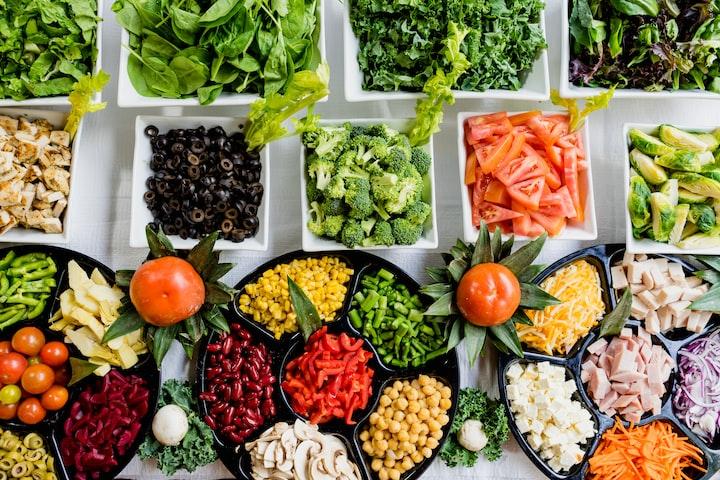Key Insights: What Are 8 Healthy Habits for Students?
There is no general answer, as the healthy habits that are most beneficial for students will vary depending on the individual. However, some general healthy habits that can benefit students of all ages include eating a nutritious diet, maintaining a regular sleep schedule, being physically active, managing stress effectively, and taking steps to prevent illness.
Eating a nutritious diet is important for everyone, but it can be especially beneficial for students. A healthy diet can help students focus and concentrate during class, and it can also give them the energy they need to participate in extracurricular activities and stay active. Some tips for eating a healthier diet as a student include packing your own meals and snacks instead of relying on unhealthy vending machine options; choosing fruits, vegetables, whole grains, lean protein sources, and low-fat dairy products; and limiting sugary drinks like soda and juice.
Maintaining a regular sleep schedule is another important habit for students to develop. Getting enough rest can help improve concentration levels and grades; however, many students struggle with getting enough sleep due to late night studying or social activities. To help make sure you’re getting enough restful sleep each night try setting a bedtime routine including winding down for.
Read More »Key Insights: What Are 8 Healthy Habits for Students?






